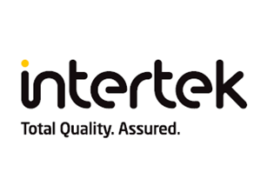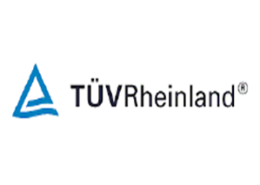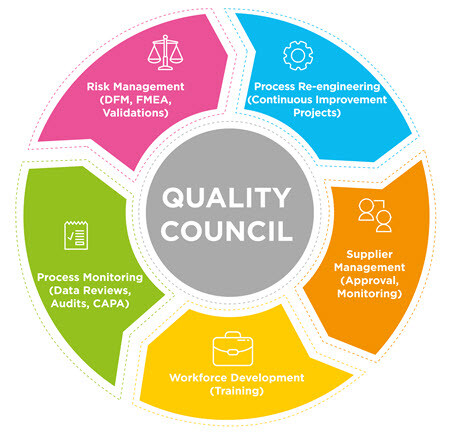Tecan makes every effort to be proactive rather than reactive, preventing or reducing undesired effects and promoting continuous improvement. Tecan uses a risk-based thinking process and performs a systematic approach to risk rather than treating it as a single component of a quality management system.
Tecan utilizes the Failure Modes and Effects Analysis (FMEA) process to identify potential manufacturing failures, determine their effect on the quality of the finished product, and identify corrective actions to mitigate these risks. A key goal in the FMEA process is to reduce or eliminate complexities which drive manufacturing costs up or present potential quality concerns. Although it isn’t feasible to anticipate every possible failure, our Design for Manufacturability (DFM) review in combination with FMEA lets our manufacturing engineers create a prioritized action list which results in a much higher quality product.
FMEA exposes weaknesses and potential failures by assigning values to the severity of the failure should it occur, predicting the probability that the failure will occur, and then evaluating the likelihood that testing will detect the failure before the product advances to the next stage in the manufacturing process. Early and consistent use of FMEA in the DFM review process lets us or client engineering teams design out failures, reduce risks, and build reliable, safe, best-in-class products.
















